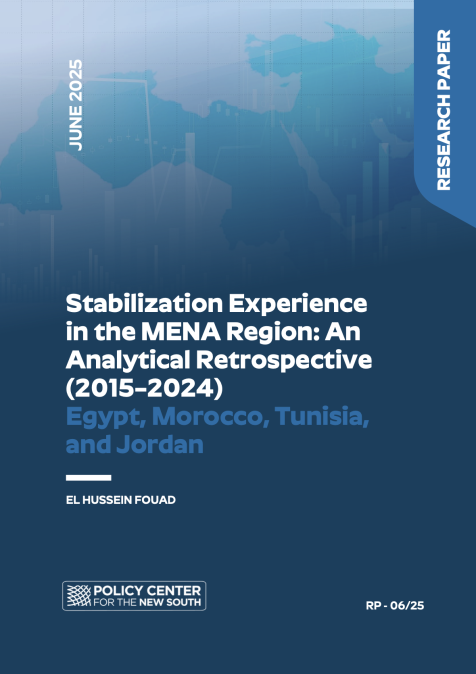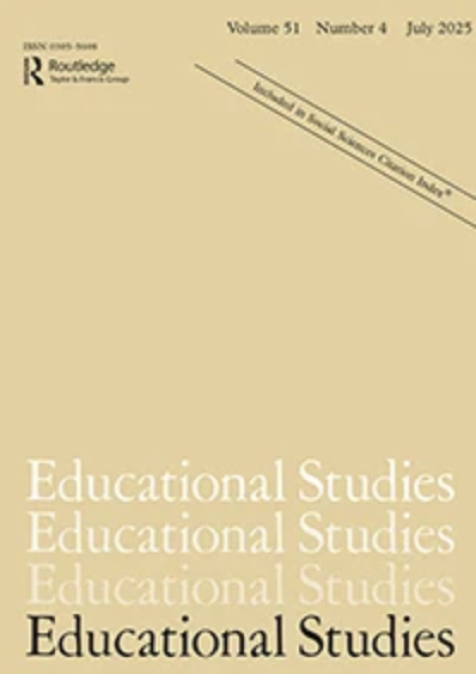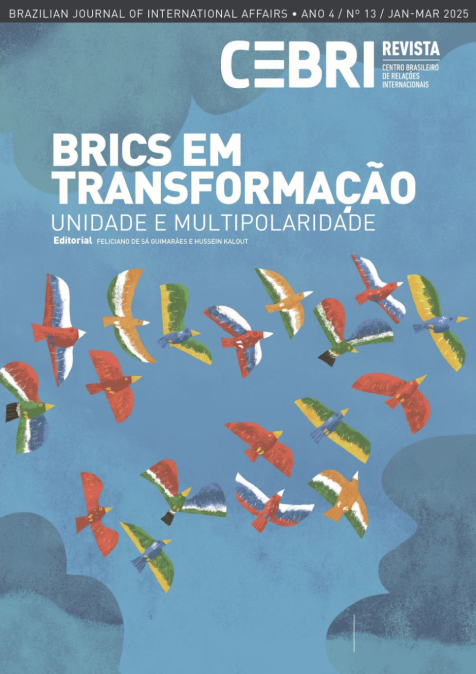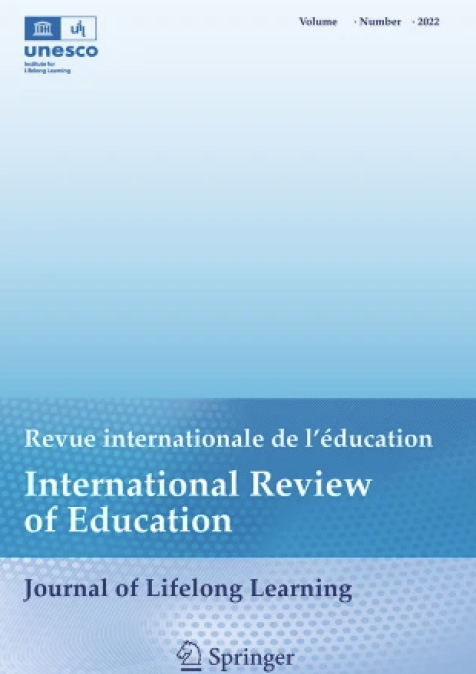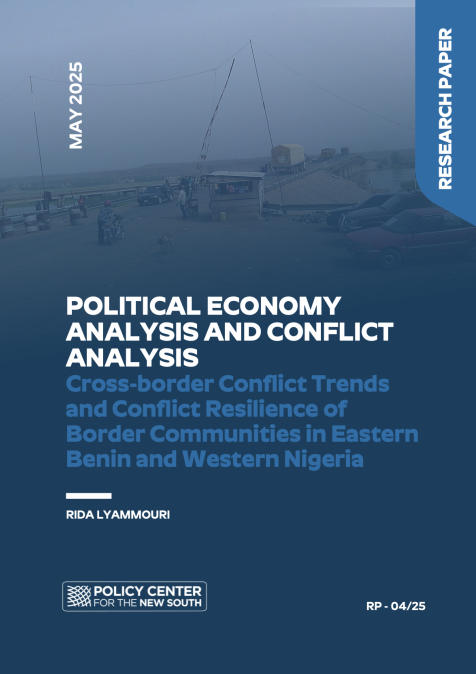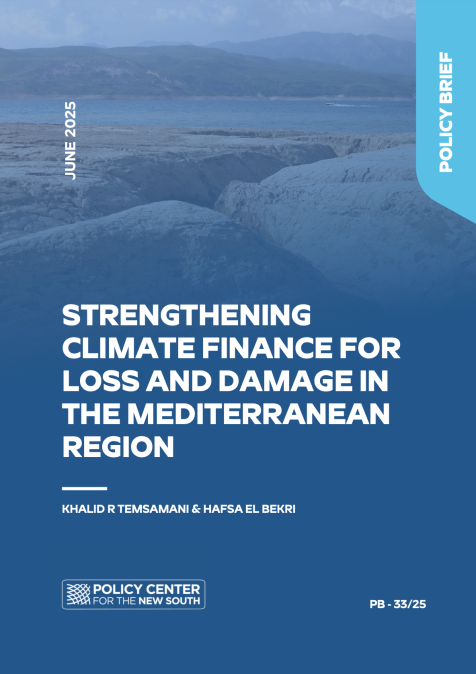When the global financial crisis hit the international economy in 2008, central banks in major advanced economies widened their range of monetary policy instruments, increasingly resorting to unconventional tools. Initially to avoid a deepening of the financial destabilization and bankruptcy of solvent-but-illiquid private sector balance sheets, as it happened during the Great Depression of the 30s in the last century. Subsequently to fight economic stagnation and deflation risks as private agents deleveraged. While the “liability-driven” initial phase can be seen as “quantitative stabilizing”, the later “asset-driven” balance sheet expansion is the true “quantitative easing”. There are good reasons to believe that there will be no return to the pre-QE configuration of balance sheets. First, the increasing global financial integration in the last few decades has imposed increasing challenges in terms of making liquidity management effective as cross-border volumes of capital flows have expanded significantly. Second, changes to financial regulation have induced private agents to alter their behavior and strategies. Finally, a new task has come under the purview of central banks: monitoring relationships between various benchmark curves—i.e., operating as quasi-market makers. As a spill-over from abroad, central bank balance sheets in some emerging market economies also bloated. The era of bloated central bank balance sheets seems to be a component of the “new normal”, even if they undergo some diet in the future.


